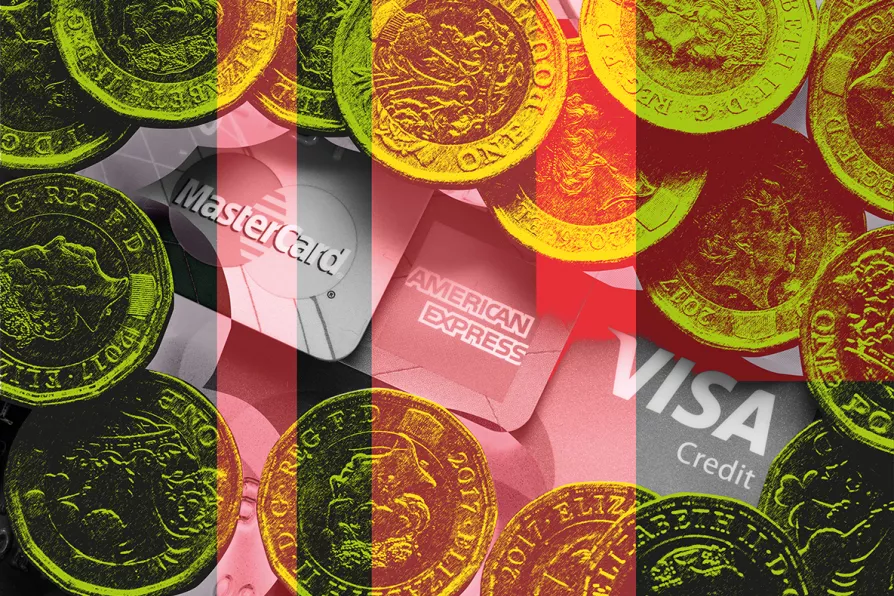John Wojcik pays tribute to a black US activist who spent six decades at the forefront of struggles for voting rights, economic justice and peace – reshaping US politics and inspiring movements worldwide


MANY readers will already have experienced situations where they are unable to pay for things in cash and have to use a valid credit or debit card. Car parking is only one such transaction where having a card is almost obligatory these days, most supermarkets are changing their checkouts to cashless machines — and the new Amazon grocery shops don’t take cash at all. Many of us are now mostly shopping online and credit and debit cards are obligatory.
Even our relationship with government agencies and local authorities is now almost impossible without access to a computer and a credit card. What’s wrong with that, you might ask? If you’ve got a good credit rating and bank account, you may prefer the idea of paying by card — it’s simple and painless and you don’t have to carry a wad of cash and small change in your pocket.
We see headlines in the press, like “Customers move towards digital payments” and “Banks shutting down ATMs as people move towards digital payments” — as if everyone is just collectively acting like this, and the big institutions are just following our lead.

Austerity in a red tie is still austerity, warns RAMONA McCARTNEY of the People’s Assembly – rally with us to demand different choices

Digital ID means the government could track anyone and then limit their speech, movements, finances — and it could get this all wrong, identifying the wrong people for the wrong reasons, as the numerous digital cockups so far demonstrate, warns DYLAN MURPHY

Incoming Usdaw general secretary JOANNE THOMAS talks to Ben Chacko about workers’ rights, Labour and how to arrest the decline of the high street










